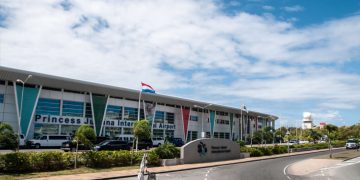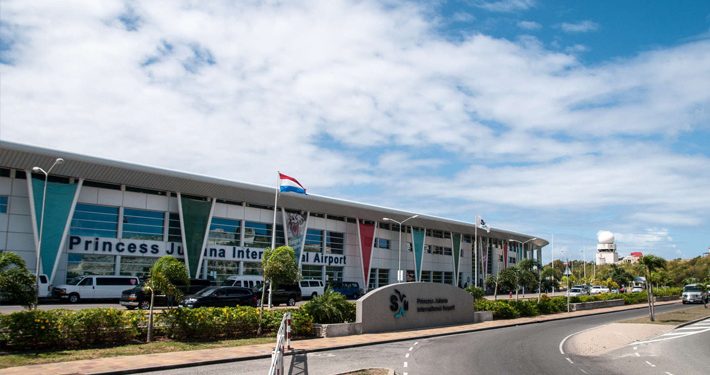SIMPSON BAY – Sint Maarten is faced with a new and seemingly more severe outbreak of the Covid-19 respiratory virus. This time, however, more and more people and businesses are prepared, and have already implemented safety measures to prevent infection and to minimize the spread of the virus. Nevertheless, a prevention and mitigation system is as strong as its weakest link. The key element of a successful safety management system is to create a culture whereby the entire society shares the same safety values, upholds the measures and the commits to individual responsibilities.
Global successes, or failures, of safety management systems are becoming more and more clearer, whereby we have seen in the United States how inconsistent policies and messages (a broken chain), affects an entire society. In stark contrast to the latter, East Asian countries like Taiwan, have successfully stopped the spread of the virus. Their society proactively protect one another from disease and understand the value of the overall safety management system. It also helps that cultures in most Asian countries, are collectivist in orientation, and although the virus in Taiwan is under control and there are no signs of new community outbreaks, most people are still wearing facemasks in public. Their mentality is that the society must protect each other, it’s not only to protect yourself but also to protect others in case you are carrying the virus.
In the beginning of the outbreak health officials where against public use of facemasks, because scientists did not yet know how easily COVID-19 spreads between people without symptoms, and how long the virus can linger in the air. Further to that, there was a shortage of respiratory masks among health care workers, which caused a push back from health officials towards public use.
Today, most scientists and health officials are emphasizing that we must wear masks if we want to save lives and the economy. The Director of the Center for Control and Disease and Prevention (CDC) has stated that ‘’if all wore face coverings for the next 12 weeks across the nation, this virus transmission would stop.”
The main reason facemasks are so effective is that it protects other people in case the wearer is unknowingly infected and doesn’t have symptoms, which happens about 80% of the time.
Recent studies also indicate that wearing a mask also protects you as an individual. The less virus load you get in, the less sick you are likely to get, and you get what is called an asymptomatic infection. In some cases you may not have any symptoms at all, or a very mildly.
To mask or not to mask? PJIAEs Covid-19 prevention and Mitigation Taskforce is very clear about this question. Early facemask policies in many East-Asian countries curbed the spread of Covid-19 and saved many lives. Early in March, PJIAE committed to a $300k investment in upgrading its safety measures, protecting staff, the airport community and Sint Maarten’s visitors. A considerable amount of investment has gone to different types of Facemasks. Today, it can be concluded as undoubtedly proven that Facemasks are the most effective personal protective equipment. PJIAE also made it mandatory that all airport users must wear a mask once entering the airport. PJIAE also received backing on the enforcement of this rule by formal instruction of the Minister VSA, Richard Panneflek, based on article 44 section 1 of the Public Health Ordinance (Lv0 Publieke Gezondheid AB 2016 no. 42), and further supports the Minister’s decision to make it mandatory for persons to wear masks in public places.
Other than the investments PJIAE made in Facemasks, PJIAE also trained all its staff and its airport community members with proper usage guidelines. It is important that everyone educate themselves on the importance of wearing Facemasks and how to use them. For those who are interested in the proper usage of Facemasks and other safety measures, as well as PJIAE’s prevention and mitigation measures, please follow PJIAEs online training at https://youtu.be/v5pjK3D2FJ8
Research shows that the Facemasks, when used, can filter particles smaller than the virus.


















